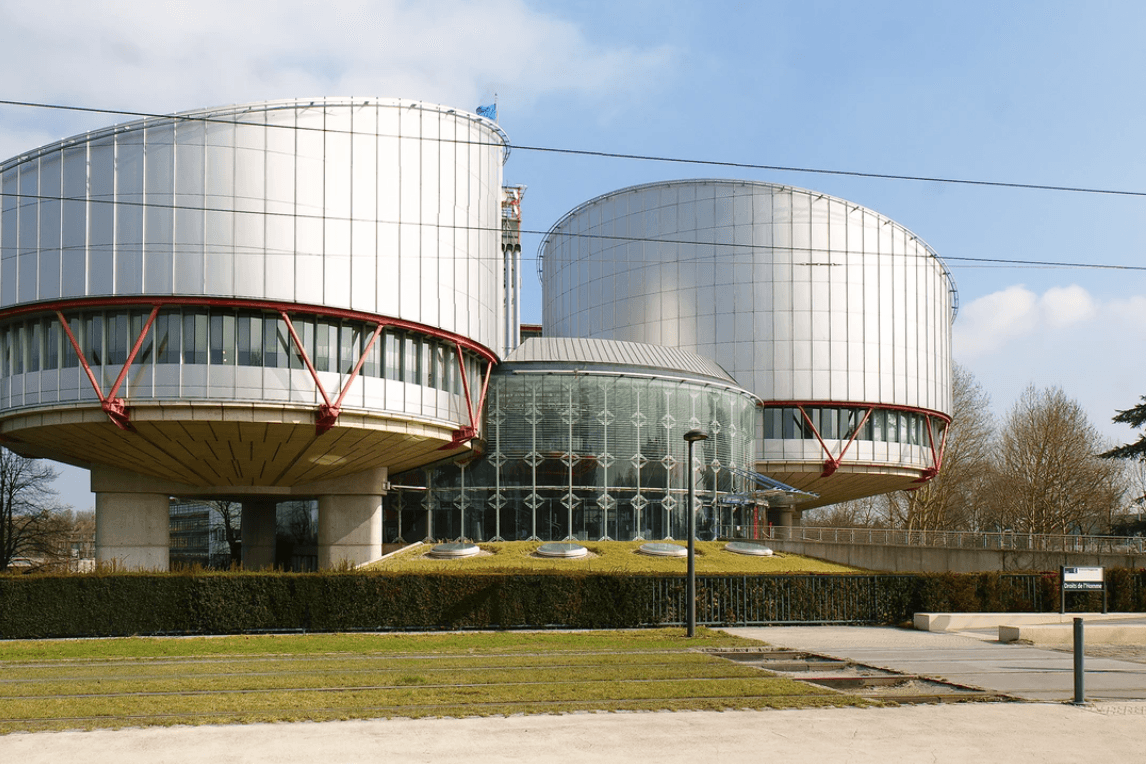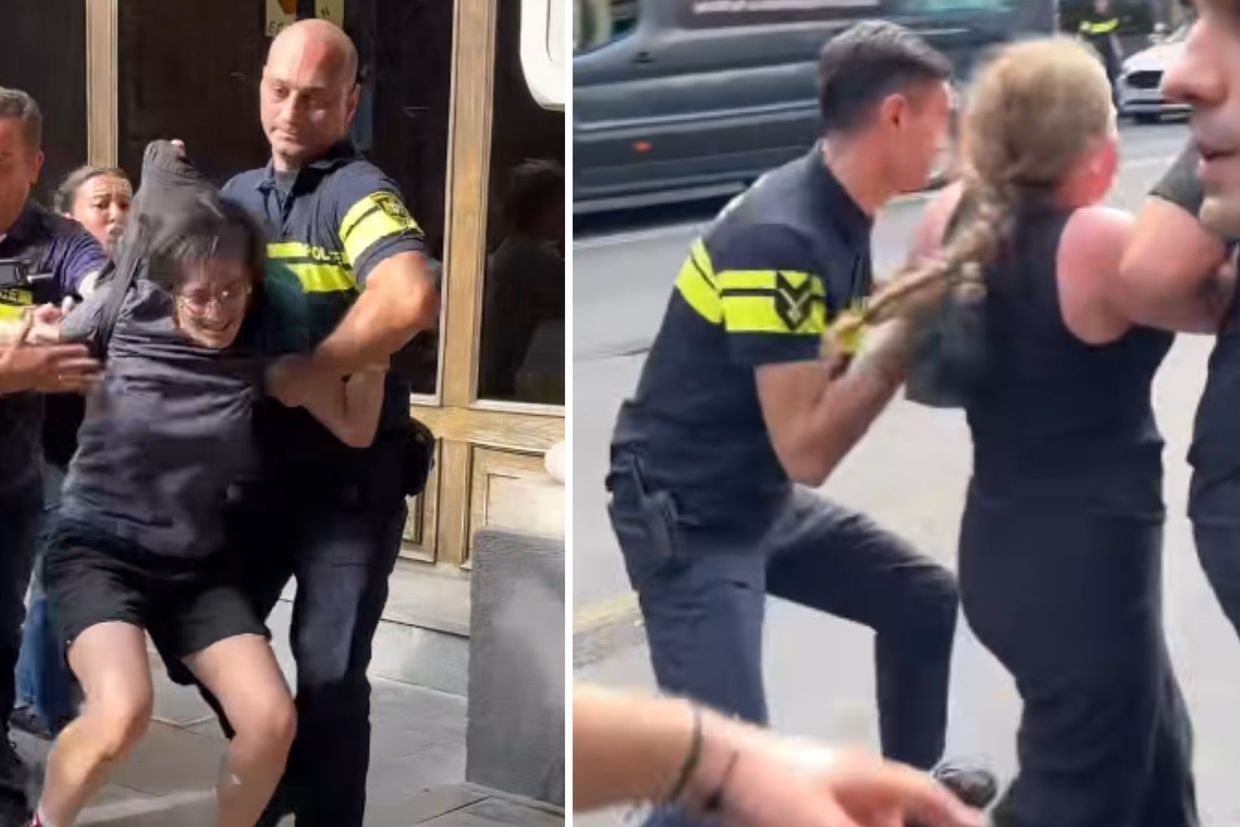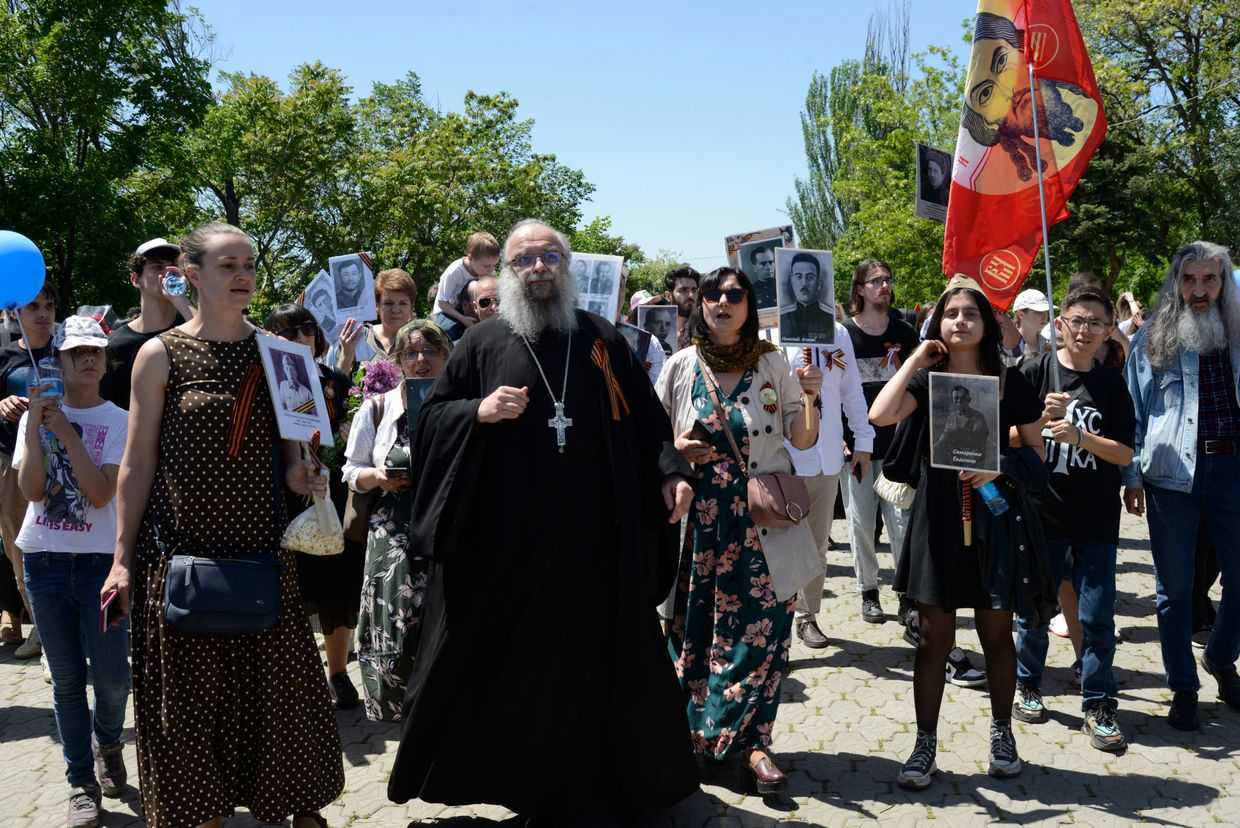ECHR orders Russia to pay €253 million to Georgia over post-2008 borderisation

The European Court of Human Rights (ECHR) has ruled that Russia must pay over €253 million ($290 million) in damages to more than 29,000 people affected by the hardening boundary lines around South Ossetia following the August 2008 War.
Russia had previously been found responsible for these damages in an April 2024 judgement by the ECHR.
At that time, the court found that ‘there had been a pattern or system of violations of the European Convention on Human Rights by Russia: including excessive use of force; ill-treatment; unlawful detention; unlawful restrictions on day-to-day movement across the administrative boundary line and on access to homes, land and families; and, denial of the right to education in Georgian’.
The ECHR noted they would leave it up to the Georgian government to set up an ‘effective mechanism’ to distribute the sum to the individual victims within 18 months after Russia paid.
While Russia left the ECHR in September 2022, it is still bound to implement judgements against it concerning facts which occurred before it ceased to be a signatory. Therefore, the ECHR emphasised, the Committee of Ministers would continue to supervise the enforcement of judgements against Russia, including in this case.
The case was originally lodged with the ECHR by Georgia in August 2018.
Since 2007, there have been three other Georgia v. Russia inter-state applications to the ECHR, the most notable of which was the second application also concerning the August 2008 War and its aftermath.
Georgia submitted the case to the ECHR in August 2008, in the immediate aftermath of the war. The Strasbourg court did not accept the complaint until December 2011, beginning hearings and going through evidence and witness and expert testimonies in June 2016.
In 2021, the court ruled that since the conclusion of the August 2008 War, Russia has exercised ‘effective control’ over Abkhazia and South Ossetia. The ECHR also found Russia in breach of a number of articles of the European Convention of Human Rights in connection to the war, including violations of the right to life, the prohibition of torture, right to liberty and security, and freedom of movement.
However, the court found that Russia was not responsible for violations committed by Abkhazian and South Ossetian forces during the phase of active hostilities from 8–12 August.

Since the controversial 2024 parliamentary elections, Georgian officials have repeatedly cast blame for the war on the former-ruling United National Movement (UNM) party and its head, then-President Mikhail Saakashvili.
On the 17th anniversary of the August 2008 War, Prime Minister Irakli Kobakhidze claimed the ‘deep state’ had ordered Saakashvili to instigate the conflict.
Kobakhidze refused to clarify who or what the ‘deep state’ is, though he has been using the term regularly to refer to shadowy forces allegedly trying to destabilise Georgia.

Kobakhidze’s criticism of Saakashvili’s UNM government (2003–2012) over the war was also reflected in an anniversary post published on the Georgian government’s Facebook page. The post concerned a visit by government officials to the Mukhatgverdi Cemetery, where Georgian soldiers killed in the war were buried.
‘8 August is a tragic date; it was a grave adventure, a betrayal committed by the government at the time’, Kobakhidze was quoted as saying at the cemetery.
‘This day reminds us of the necessity for the country to be governed by a sovereign government — one that acts based on its own national interests, not under the direction of foreign powers’, Kobakhidze added, alluding to Georgian Dream’s claim that the UNM governed the country under instructions from outside forces.
Blaming the previous government for provoking the August 2008 War has also been a central point of the parliamentary commission established by Georgian Dream to investigate the opposition in February of this year. The commission recently ended its work, with the government now intending to use its findings to ban the UNM, along with other opposition parties and politicians.
Such moves have sparked protests from government critics, who argue that Georgian Dream’s rhetoric has downplayed Russia’s responsibility for the war.
For ease of reading, we choose not to use qualifiers such as ‘de facto’, ‘unrecognised’, or ‘partially recognised’ when discussing institutions or political positions within Abkhazia, Nagorno-Karabakh, and South Ossetia. This does not imply a position on their status.

This article was translated into Azerbaijani and republished by our partner Meydan TV.










